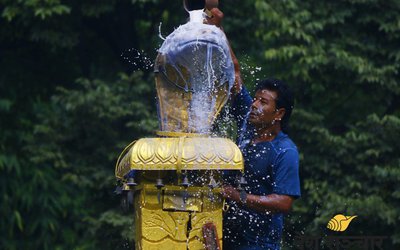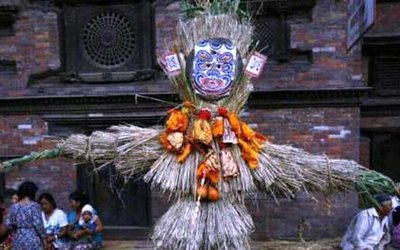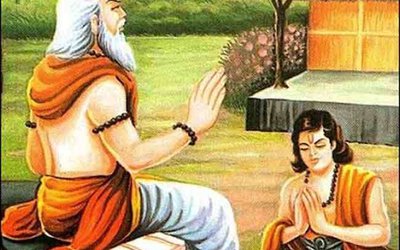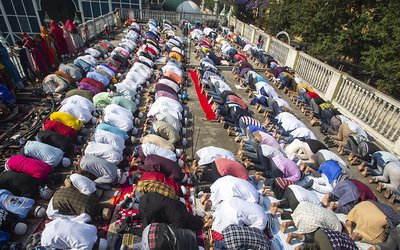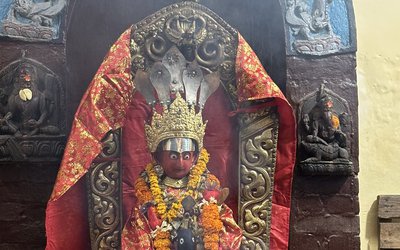
The tradition of worshipping the plant Tulsi (Holy Basil), which also serves as an Ayurvedic medicine, has existed since ancient times. In line with this tradition, followers of the Vedic Sanatan Dharma planted Tulsi sprigs in their household shrines on Saturday.
Every year on Jyeshtha Shukla Ekadashi, Tulsi sprigs are planted in home shrines. The day of planting these sprigs is also called Nirjala Ekadashi. Seeds grown from these sprigs are sown a month later on Ashadh Shukla Ekadashi, also known as Hari Shayani Ekadashi.
From Ashadh Shukla Ekadashi to Kartik Shukla Ekadashi, Tulsi is worshipped with special rituals. On Kartik Shukla Ekadashi, there is a religious belief that Tulsi is married to Lord Damodar (a form of Vishnu), according to the Nepal Panchanga Nirnayak Samiti (Nepal Calendar Determination Committee).
These four months are also known as Chaturmas. Since Lord Vishnu is believed to be in a divine sleep in the Kshirasagar (Ocean of Milk) during this time, scriptures prohibit conducting marriage ceremonies, initiation rites (Bratabandha), and similar events during these months. It is believed that bathing, worshipping, and giving charity during this period fulfills one's wishes.
Since the day is also called Nirjala Ekadashi, scriptures say that observing a fast without even drinking water on this day brings great spiritual benefit. Dr. Devmani Bhattarai, a scholar of religious scriptures and a member of the Nepal Panchanga Nirnayak Samiti, informed Rastriya Samachar Samiti (RSS) of this belief.
He also mentioned that while those who can manage to fast without water should do so, those who cannot may observe the fast by consuming fruits. Tulsi, considered a beneficial Ayurvedic herb, is used in the treatment of various ailments. Modern science has also confirmed that Tulsi releases a high amount of oxygen. Once this was verified, sages began the tradition of planting and worshipping Tulsi, Dr. Bhattarai explained, citing scriptural beliefs.
- Diplomatic Efforts On For Search, Rescue Of Nepalis Missing In Uttarakhand Floods: Minister Rana
- Aug 08, 2025
- PM Oli Expresses Sorrow Over Flood-Triggered Loss In Uttarakhand, India
- Aug 08, 2025
- Prime Minister Oli To Return Home Today
- Aug 08, 2025
- Monsoon's Influence To Prevail Across The Country Today
- Aug 08, 2025
- KOICA-KAAN Supported Primary Hospital, Thankot Worth NPR 14,04,895
- Aug 07, 2025
